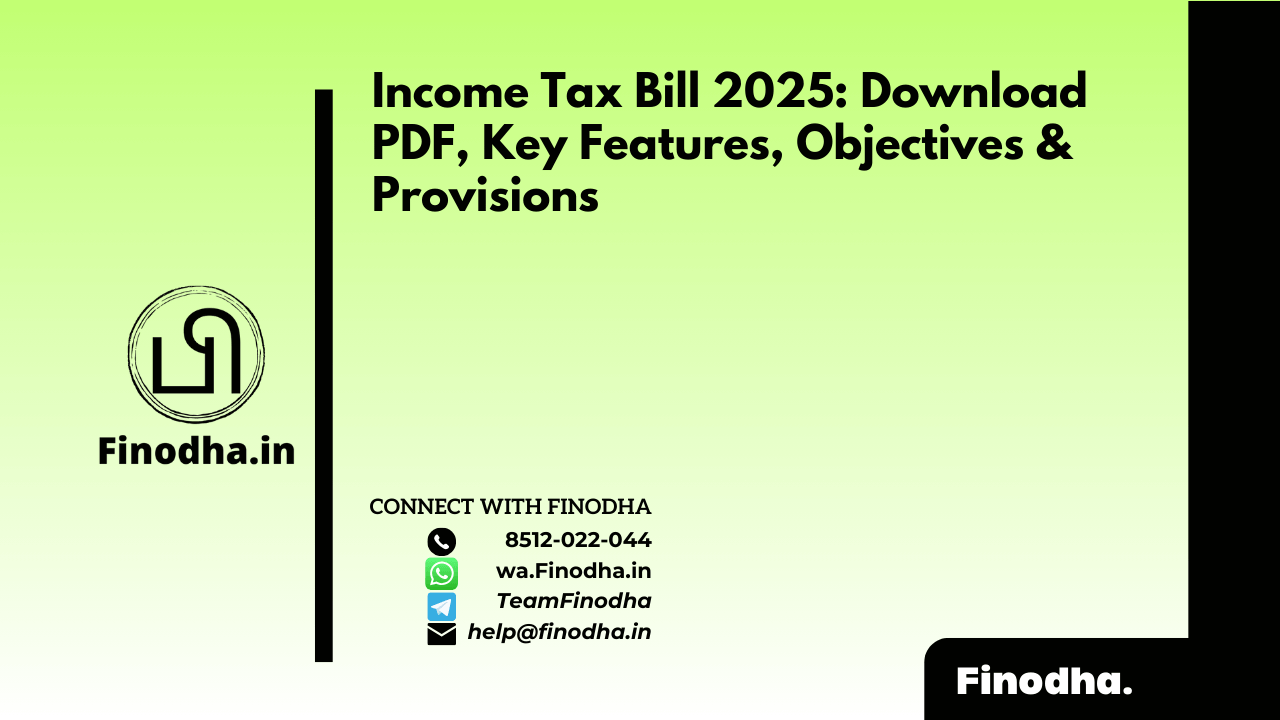Important Keyword: Chapter VI-A, Form 10BA, HRA, Section 80GG, Rent Paid.
Table of Contents
Section 80GG: Deduction for Rent Paid
Renting a house in major cities can pose a significant challenge due to the ever-rising rental prices. While receiving House Rent Allowance (HRA) from an employer or owning a house in the city offers convenience, individuals who rent without HRA face substantial financial strain. To alleviate this burden, the Income Tax Department provides relief through a deduction for rent paid under Section 80GG.
Section 80GG is designed to assist taxpayers, particularly those who do not receive HRA and thus bear the full cost of rent. This deduction helps mitigate the impact of high rental expenses on their finances. It is aimed at promoting fairness in tax treatment and supporting individuals in meeting their housing needs despite the absence of HRA benefits.
Section 80GG
Section 80GG of the Income Tax Act provides a deduction for individuals who pay rent for accommodation and do not receive House Rent Allowance (HRA) as part of their salary. Here are the key details and requirements related to claiming this deduction:
Conditions to Claim Deduction under Sec 80GG:
- Eligibility: Only self-employed individuals or salaried individuals who do not receive HRA can claim this deduction.
- Ownership of Residential Accommodation: The individual, their spouse, minor children, or Hindu Undivided Family (HUF) of which they are a member should not own any residential accommodation at the place where they are employed, reside, or carry on business/profession.
- No Self-Occupied Property: The individual should not own a self-occupied residential property at any other location.
- Filing Form 10BA: Before claiming the deduction, the taxpayer must file Form 10BA, declaring that they do not own any residential property for which they are claiming benefits under Section 80GG.
- PAN of Landlord: If the annual rent exceeds ₹1,00,000, the taxpayer needs to provide the PAN details of the landlord.
- Non-Claim of HRA: The taxpayer should not have received HRA at any time during the financial year. If HRA was received from a previous employer during the year, the taxpayer cannot claim deduction under Section 80GG.
Deduction Limit under Sec 80GG:
The deduction allowable under Section 80GG is the least of the following amounts:
- Actual rent paid minus 10% of total income
- 25% of total income
- ₹5,000 per month (₹60,000 annually)
Example Calculation:
Let’s consider an example: Sharad, a salaried individual not receiving HRA, pays ₹20,000 per month as rent in Bangalore. His annual income is ₹12,00,000. In this case, the allowable deduction under Section 80GG would be ₹60,000 (which is the least of the three criteria mentioned above).
Exceptions to Sec 80GG:
- The deduction cannot be claimed if the taxpayer owns a residential property at any location, including the place of employment or business.
- The taxpayer cannot claim deduction under Section 80GG if they own a house in the city where they are employed or doing business.
ITR Form and Supporting Documents:
- The deduction under Section 80GG can be claimed while filing Income Tax Returns using any applicable ITR form (ITR 1, ITR 2, ITR 3, or ITR 4) depending on the taxpayer’s income sources.
- Along with standard documents like Form 16 and PAN card, Form 10BA needs to be filed with details of rent payment, landlord’s information, and PAN details if applicable.
Read More: Section 80U: Deduction for Individuals with Disability
Web Stories: Section 80U: Deduction for Individuals with Disability
Official Income Tax Return filing website: https://incometaxindia.gov.in/




